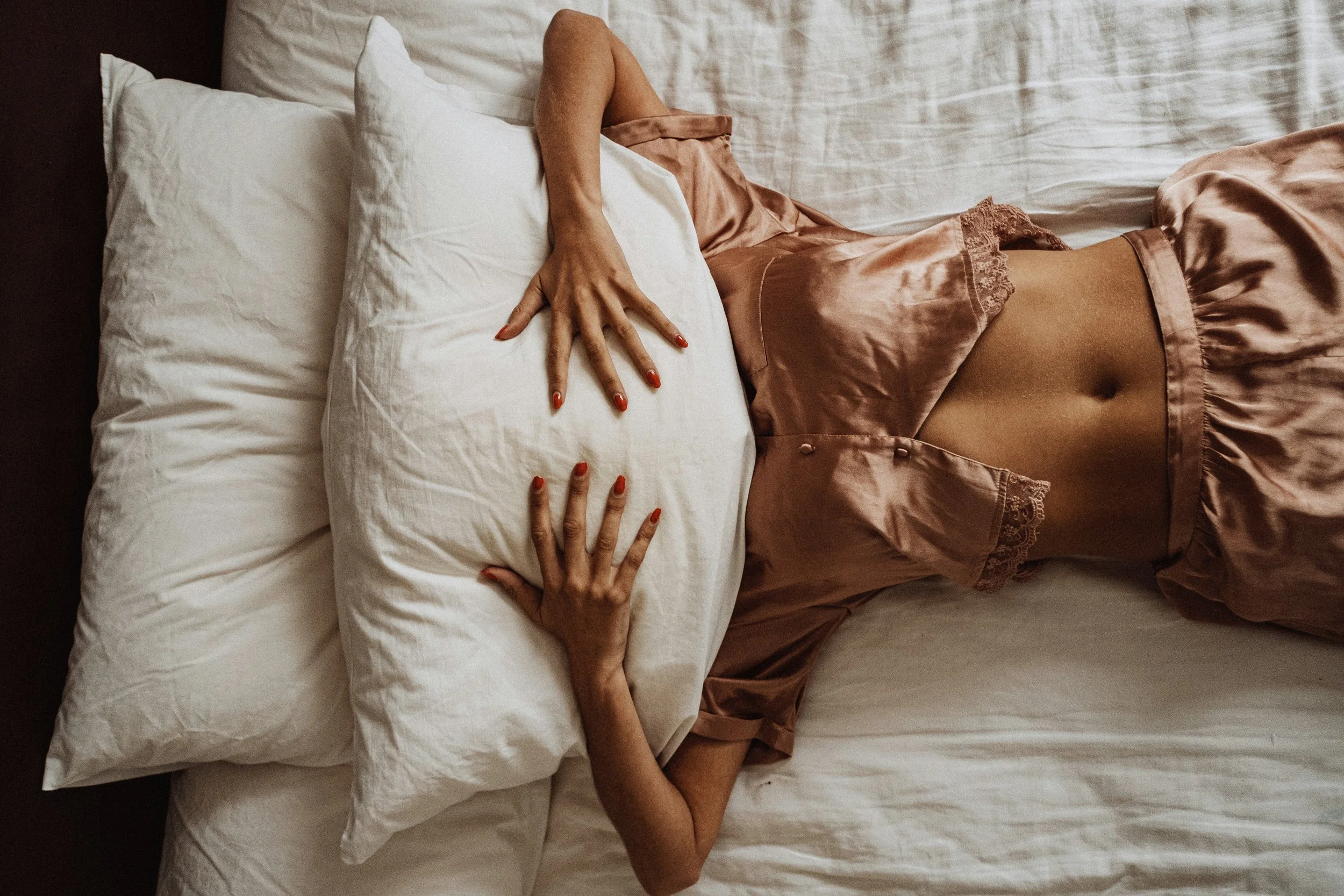How menopause is ‘stealing women’s sleep’
To mark September’s Sleeptember campaign and Menopause Awareness Month in October, a new body of research was commissioned by Kalms Herbal Remedies to highlight how menopause is ‘stealing women’s sleep’.
In a national Censuswide survey of 1,000 perimenopausal and menopausal women, 90% reported disrupted sleep; 18% suffered daily insomnia; 68% felt trapped in a cycle of stress and anxiety caused by poor sleep; 57% relied on daytime naps to function; 36% experienced relationship strain as a result of continued sleep deprivation; 46% chose to sleep separately from their partner to avoid disruption; 37% turned to sugary snacks, caffeine and energy drinks to cope with ongoing tiredness.
Dr Rosie Khan, a GP with special interest in menopause, says many symptoms and hormonal shifts experienced by peri- and menopausal women amount to the ‘perfect storm for sleeplessness’.
Her tips for a more restful sleep during this pivotal life stage include creating a ‘sleep-positive environment’ by dimming lights an hour before bedtime to encourage melatonin production; keeping the bedroom free of clutter and blue light-emitting devices; re-thinking evening food habits to avoid rich, sugary or spicy foods, caffeine and alcohol; unwinding with a lavender-infused bath or utilizing calming breathwork techniques; and turning to natural remedies containing valerian root or lavender oil to calm the mind and ease anxiety.
“As levels of oestrogen and progesterone decline, they can interfere with the body’s internal clock, known as the circadian rhythm, and disrupt the production of key neurotransmitters like serotonin and melatonin, both of which help regulate sleep,” explains Dr Khan. “This can make it harder to fall asleep and stay asleep. While hot flushes and night sweats are well-known culprits, many women also experience insomnia, low mood and fatigue even without these symptoms, creating a perfect storm for restless nights.”
The study highlighted that while 13% of women had been prescribed medication for sleep — including Z-drugs and melatonin — many ‘remain cautious about relying on medication long-term’: 47% expressed concerns about side effects and 44% have turned to natural remedies, supplements and holistic approaches to managing poor sleep.
By Rosie Greenaway, editor

